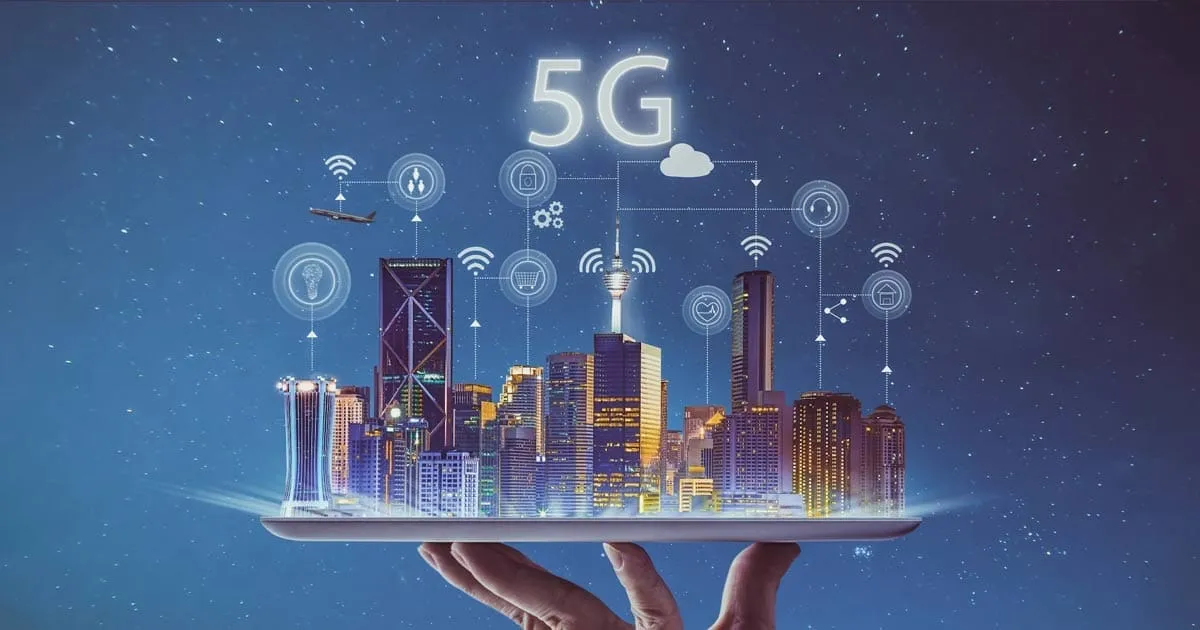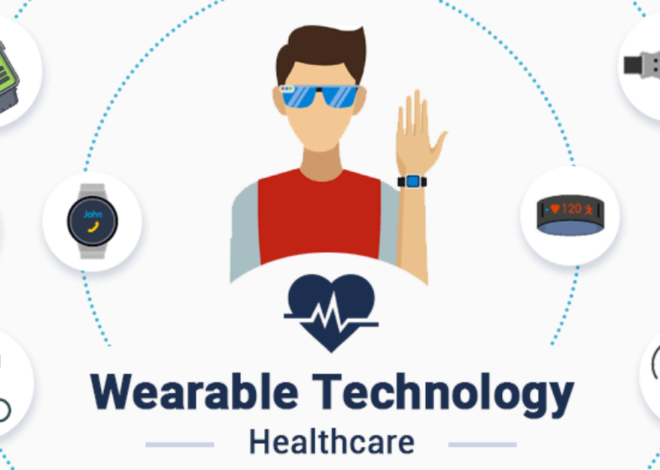
The Impact of 5G Technology: Revolutionizing Connectivity and Beyond
The advent of 5G technology marks a significant leap forward in the world of telecommunications, promising faster speeds, lower latency, and more reliable connections. As the fifth generation of mobile networks, 5G is set to revolutionize connectivity and drive innovation across various industries. In this blog, we will explore the impact of 5G technology, its potential applications, and the challenges and opportunities it presents.
1. What is 5G Technology?
5G, or fifth-generation wireless technology, is the latest standard in mobile communications. It offers several key improvements over its predecessor, 4G LTE:
- Speed 5G networks can deliver download speeds of up to 10 gigabits per second, significantly faster than 4G LTE. This enables quicker data transfers and smoother streaming experiences.
- Latency 5G reduces latency to as low as 1 millisecond, compared to around 50 milliseconds for 4G. This near-instantaneous response time is crucial for real-time applications such as online gaming and autonomous vehicles.
- Capacity 5G can support a higher density of connected devices, making it ideal for the Internet of Things (IoT). This increased capacity allows for more devices to be connected simultaneously without network congestion.
2. The Impact of 5G on Various Industries
The implementation of 5G technology has far-reaching implications across multiple sectors, driving innovation and transforming operations.
- Healthcare 5G can revolutionize healthcare by enabling telemedicine, remote surgery, and real-time patient monitoring. High-speed, low-latency connections allow doctors to consult with patients remotely, perform surgeries using robotic systems, and monitor vital signs in real time.
- Transportation The transportation industry stands to benefit greatly from 5G, particularly in the development of autonomous vehicles. Reliable, high-speed connectivity is essential for vehicle-to-vehicle (V2V) and vehicle-to-infrastructure (V2I) communication, ensuring safe and efficient autonomous driving.
- Manufacturing In manufacturing, 5G enables the implementation of smart factories, where connected devices and sensors monitor and optimize production processes in real time. This leads to increased efficiency, reduced downtime, and improved product quality.
- Entertainment 5G enhances the entertainment industry by providing faster download speeds, smoother streaming, and more immersive experiences through augmented reality (AR) and virtual reality (VR). It also supports cloud gaming, allowing gamers to play high-quality games without the need for powerful hardware.
- Retail In retail, 5G enables enhanced shopping experiences through AR, VR, and IoT technologies. Customers can virtually try on clothes, visualize products in their homes, and receive personalized recommendations based on real-time data.
3. The Role of 5G in Smart Cities
5G technology is a key enabler of smart cities, where interconnected devices and systems enhance urban living.
- Smart Infrastructure 5G supports the development of smart infrastructure, including intelligent traffic management systems, energy-efficient buildings, and connected public services. These innovations lead to improved resource management, reduced pollution, and enhanced quality of life.
- Public Safety Enhanced connectivity allows for real-time surveillance, emergency response coordination, and disaster management. Smart city infrastructure can detect and respond to incidents more quickly, improving public safety and security.
- Environmental Monitoring 5G-enabled sensors can monitor air quality, water levels, and other environmental factors in real time. This data helps city planners and environmental agencies make informed decisions to protect natural resources and public health.
4. Challenges and Considerations
While 5G technology offers numerous benefits, it also presents several challenges and considerations that need to be addressed.
- Infrastructure Investment The rollout of 5G networks requires significant investment in infrastructure, including the installation of new base stations and upgrading existing ones. This can be a costly and time-consuming process.
- Security Concerns The increased connectivity and data transmission associated with 5G raise security concerns. Ensuring robust cybersecurity measures and protecting against potential threats is crucial.
- Regulatory and Spectrum Issues The allocation of radio spectrum for 5G networks is a complex process that involves regulatory approvals and coordination among various stakeholders. Ensuring equitable access to spectrum and addressing regulatory challenges is essential for the widespread adoption of 5G.
- Health and Environmental Impact There are ongoing debates about the potential health and environmental impacts of 5G technology, particularly concerning the increased exposure to radiofrequency radiation. Further research is needed to address these concerns and ensure the safe deployment of 5G networks.
5. The Future of 5G
The future of 5G holds immense potential for further innovation and transformation across industries.
- Enhanced Connectivity As 5G networks continue to expand, we can expect even faster speeds, lower latency, and greater capacity. This will enable new applications and services that were previously unimaginable.
- Integration with Emerging Technologies The integration of 5G with emerging technologies such as AI, IoT, and edge computing will drive further innovation. These technologies will work together to create smarter, more connected ecosystems that enhance various aspects of daily life.
- Global Adoption The global adoption of 5G will bridge the digital divide, providing high-speed connectivity to underserved and remote areas. This will create new opportunities for education, healthcare, and economic development.
- Sustainable Development 5G technology can contribute to sustainable development by enabling more efficient use of resources, reducing energy consumption, and supporting initiatives that address climate change and environmental protection.
Conclusion
5G technology is set to revolutionize connectivity and drive innovation across multiple industries. From healthcare and transportation to manufacturing and entertainment, the impact of 5G is far-reaching and transformative. While challenges and considerations remain, the future of 5G holds immense potential for further advancements and improvements in quality of life. As we continue to embrace and develop this groundbreaking technology, the possibilities for a more connected and innovative world are limitless.



